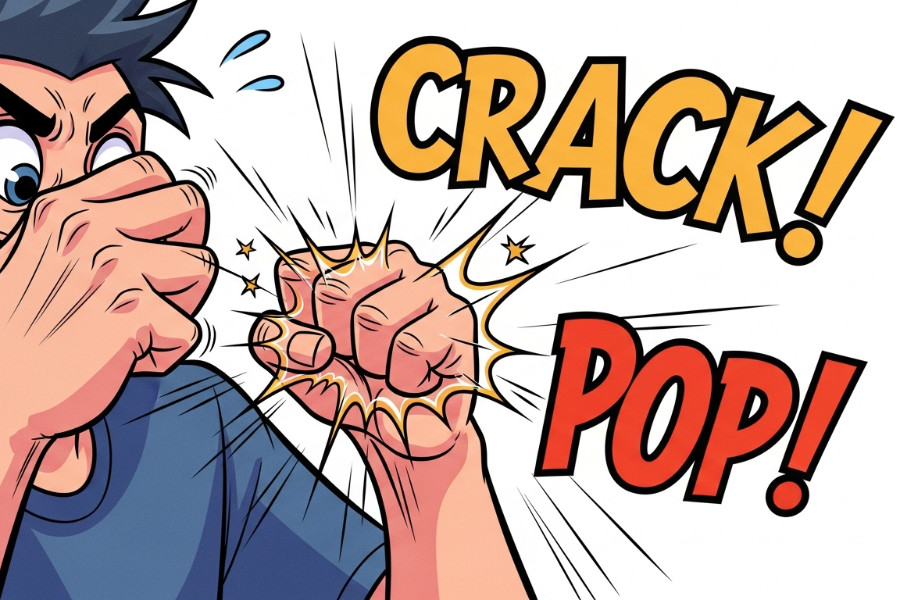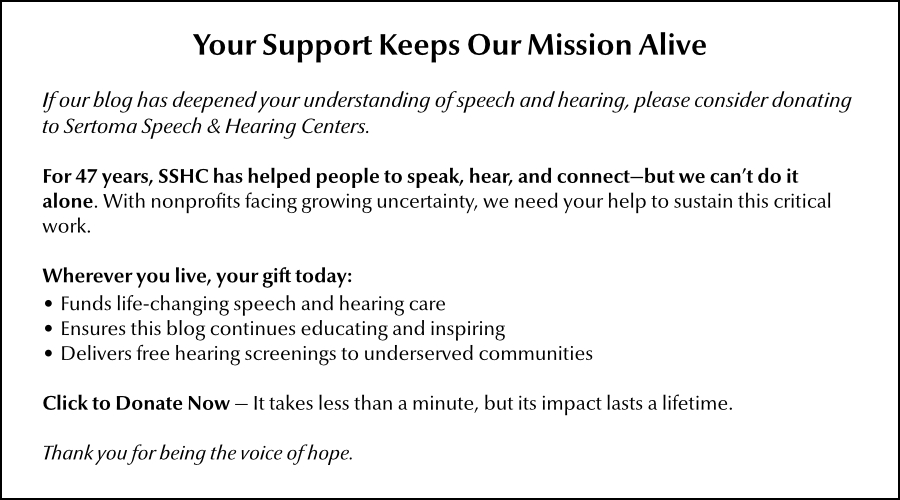Many find certain sounds annoying, but for people with misophonia, everyday noises trigger intense rage, disgust, and panic. A new study found a connection between brain emotion processing and distressing sounds.
Why it matters
Misophonia is less about the sound and more about how our brains process emotions. Understanding this link could transform diagnosis and treatment, offering hope to millions disrupted daily by trigger sounds.
The problem
People with misophonia experience fight-or-flight responses to specific sounds, similar to a threat reaction.
- Trigger sounds vary. Someone chewing chips, a pen clicking, knuckles cracking, or a ticking clock can provoke an extreme reaction.
- For some, the distress becomes so severe that they avoid situations entirely. This damages relationships and limits their ability to work and socialize.
A closer look
Researchers tested 140 adults, some with clinically significant misophonia and others without. They used a memory and emotional flexibility task where participants switched between remembering details and judging the emotional content of pictures.
The finding: People with severe misophonia struggled to respond to emotional tasks. Their brains had trouble shifting focus between emotional and non-emotional information, a skill called affective flexibility.

Yes, but
The study revealed something intriguing. People with severe misophonia also showed a stronger tendency to ruminate—getting stuck in negative thought patterns about the past, present, or future.
- This wasn't rumination about misophonia; it was a general pattern of negative thinking.
- Misophonia may be linked to how people react to specific sounds, but also to how they process emotions.
The bottom line
Reduced mental flexibility and negative thought patterns appear connected to misophonia severity. The researchers suggest their findings could help refine misophonia diagnosis.
Reality check
The results don't prove that inflexible thinking causes misophonia, or vice versa. Both could stem from a different factor. Additionally, the study used pictures instead of sounds, which may not fully capture the brain's response to auditory triggers.
What to know
Misophonia is underexplored. Treatment research is ongoing, and experts debate its classification. For millions affected, misophonia isn't a quirk. It's a real disruption to their lives that deserves attention.
The conversation around hearing is shifting. Our brains don't just process sounds; they filter them through emotion, cognition, and personal thought patterns. Understanding that connection may help people find relief.
Find relief from sound sensitivity and take back your life
Living with misophonia doesn't have to mean avoiding social situations or feeling constantly on edge. Understanding your condition is the first step toward managing it effectively.
Schedule a consultation with an audiologist who understands misophonia and can provide personalized support.
- Explore whether sound sensitivity is affecting your daily life and relationships
- Learn evidence-based strategies for managing emotional responses to trigger sounds
- Understand the connection between emotional flexibility and sound sensitivity
- Discuss personalized approaches to reduce avoidance and rebuild confidence
★ Call 708-599-9500 to schedule your consultation.
★ For facts about hearing loss and hearing aid options, grab your copy of The Hearing Loss Guide.
★ Sign up for our newsletter for the latest on Hearing aids, dementia triggered by hearing loss, pediatric speech and hearing, speech-language therapies, Parkinson's Voice therapies, and occupational-hearing conservation. We publish our newsletter eight times a year.
Don't let untreated hearing loss spoil your enjoyment of life.


